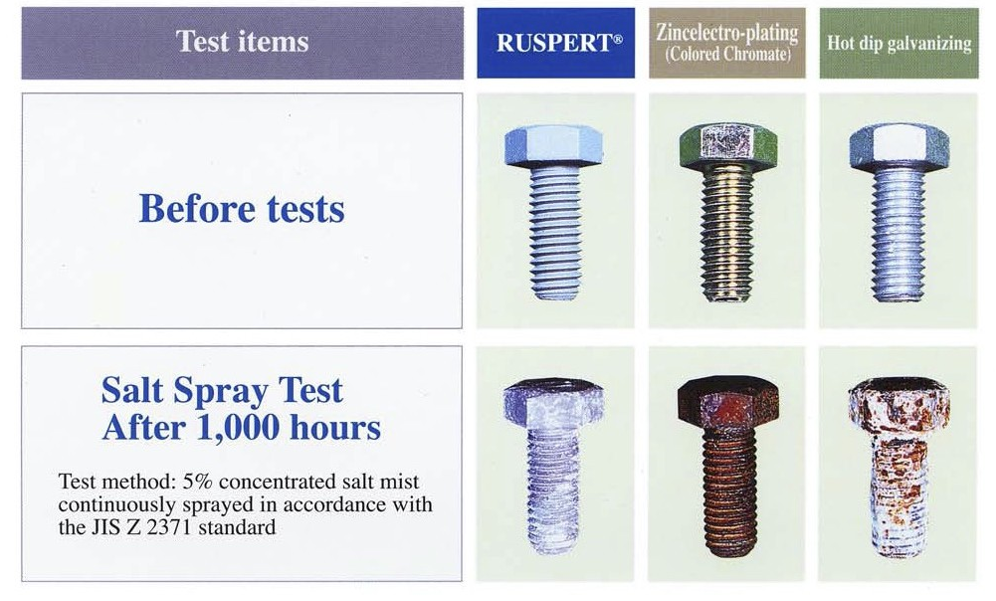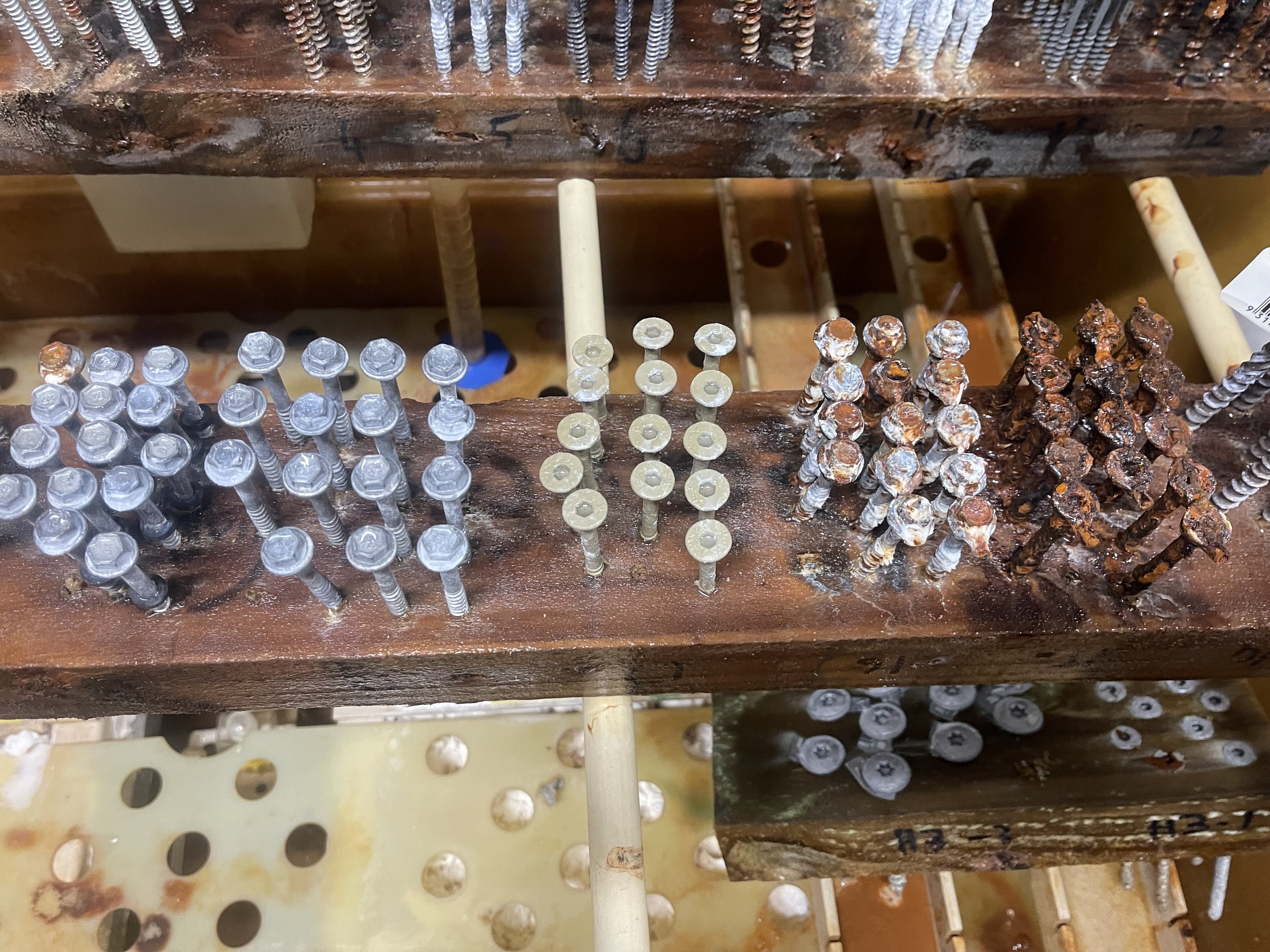In the fast-paced world of manufacturing and construction, the quality of fasteners is paramount. Sinsun Fastener, a leading manufacturer in the fastener industry, has taken significant steps to ensure that their screws meet the highest standards of durability and corrosion resistance. One of the most critical tests they conduct is the salt spray test, which evaluates the performance of their screws under extreme conditions. This rigorous testing process is essential for ensuring that each screw can withstand the elements, particularly in environments where exposure to moisture and salt is prevalent.
The salt spray test is a standardized method used to assess the corrosion resistance of materials. In this test, screws are subjected to a saline environment that simulates the corrosive effects of saltwater. Sinsun Fastener has set a benchmark for quality by ensuring that their screws can endure up to 1000 hours in this harsh environment. This level of testing is not just a formality; it is a commitment to providing customers with products that will perform reliably over time, even in the most challenging conditions.
Sinsun Fastener employs various protective coatings to enhance the corrosion resistance of their screws. Among these coatings, ruspert, hot galvanizing, and electrogalvanizing are prominent. Each of these methods offers unique benefits, and Sinsun Fastener utilizes them strategically to meet the specific needs of their clients.
Ruspert is a cutting-edge coating technology that provides exceptional corrosion resistance. It involves a multi-layer process that includes a zinc layer, followed by a conversion coating and a topcoat. This combination not only protects the screw from rust but also enhances its aesthetic appeal. The ruspert coating is particularly effective in environments where screws are exposed to moisture and salt, making it an ideal choice for marine applications and coastal construction projects.
Hot galvanizing is another method employed by Sinsun Fastener to protect their screws. This process involves dipping the screws in molten zinc, creating a thick, durable coating that offers excellent protection against corrosion. Hot galvanized screws are known for their longevity and are often used in outdoor applications where exposure to the elements is a concern.
Electrogalvanizing, on the other hand, is a process that involves applying a thin layer of zinc to the screws through electrolysis. While this method provides a less robust coating compared to hot galvanizing, it offers a smoother finish and is suitable for applications where aesthetic appearance is important. Electrogalvanized screws are often used in indoor environments or in applications where they will not be exposed to harsh conditions.
By conducting the salt spray test on their screws, Sinsun Fastener ensures that each product meets the rigorous standards required for durability and corrosion resistance. The results of these tests provide valuable insights into the performance of their coatings and help the company continuously improve their manufacturing processes.
In conclusion, Sinsun Fastener's commitment to quality is evident in their rigorous salt spray testing of screws. By ensuring that their products can withstand 1000 hours of exposure to corrosive environments, and by utilizing advanced coating technologies like ruspert, hot galvanizing, and electrogalvanizing, Sinsun Fastener guarantees that their screws will perform reliably in a variety of applications. This dedication to quality not only enhances customer satisfaction but also solidifies Sinsun Fastener's reputation as a leader in the fastener industry.
Post time: Nov-21-2024



